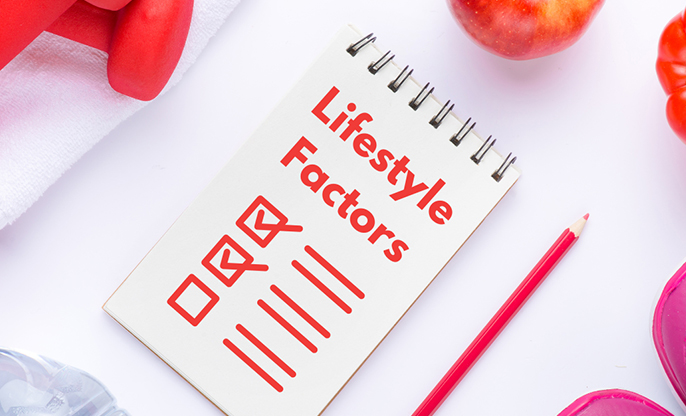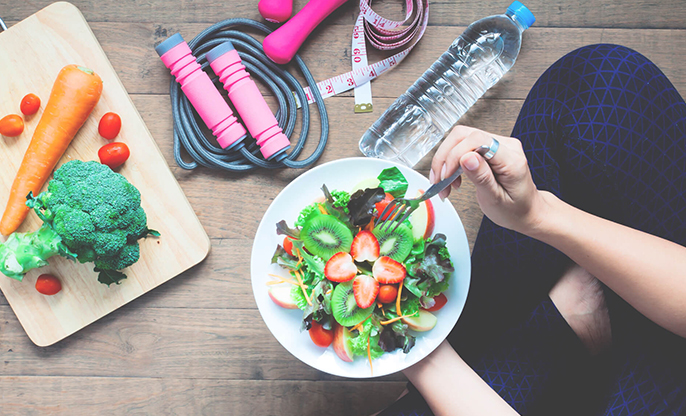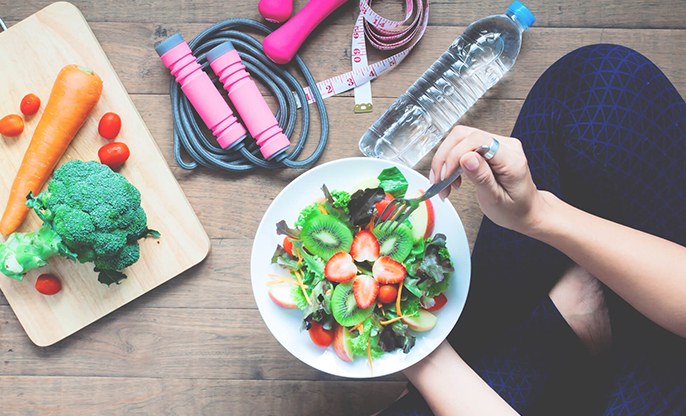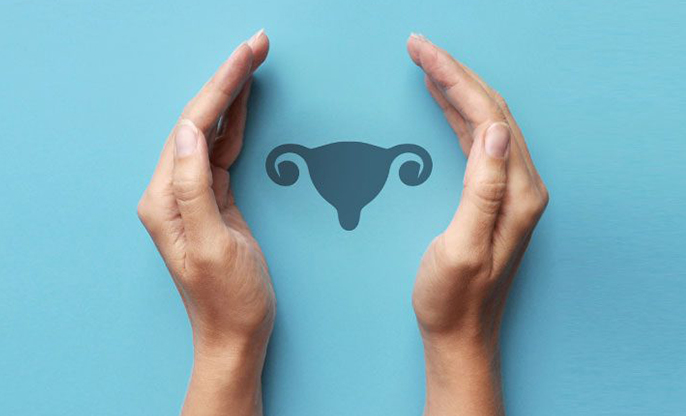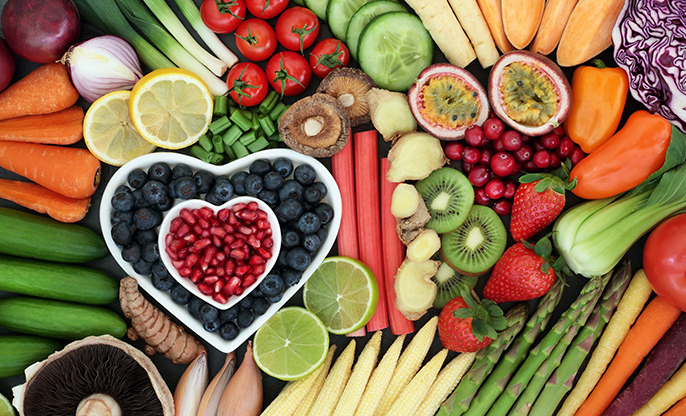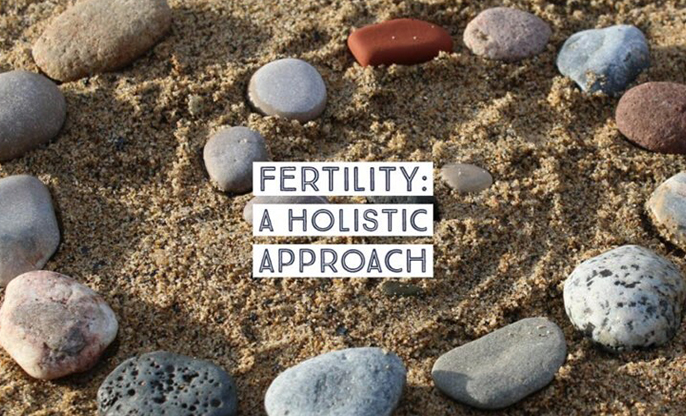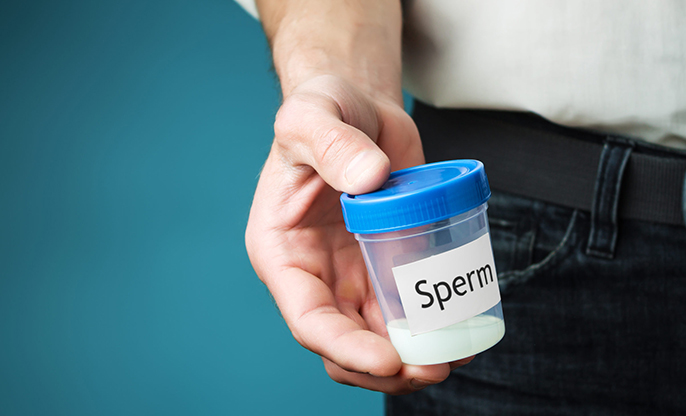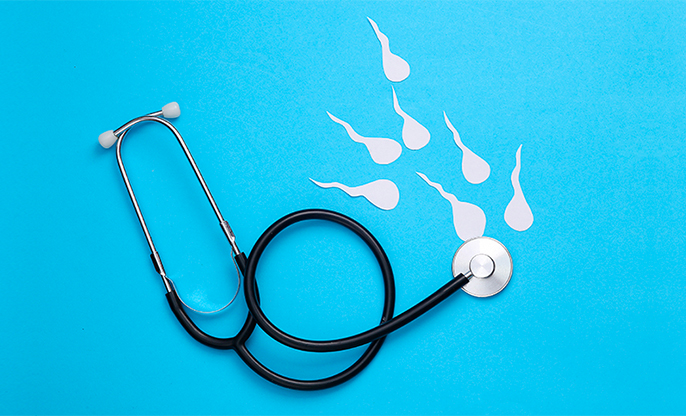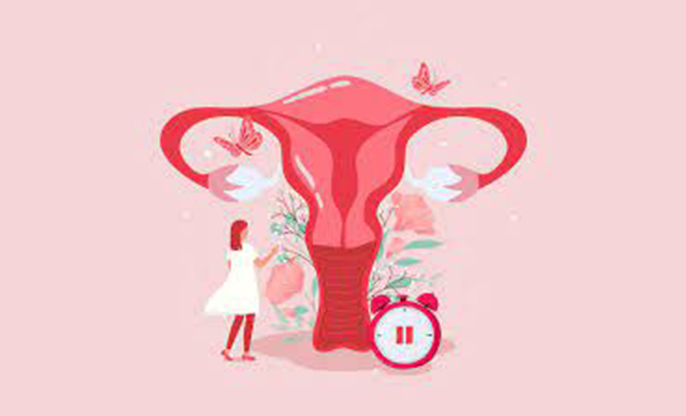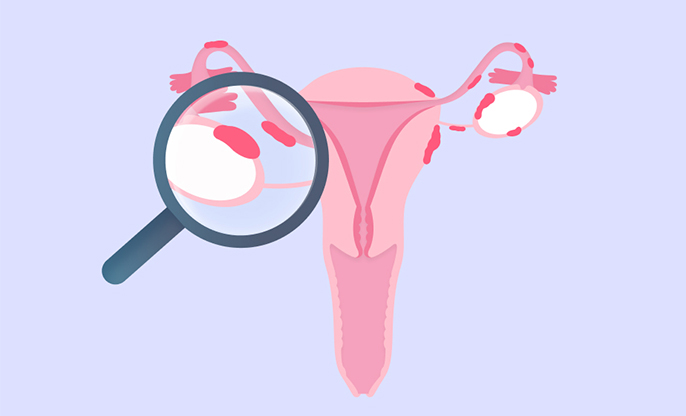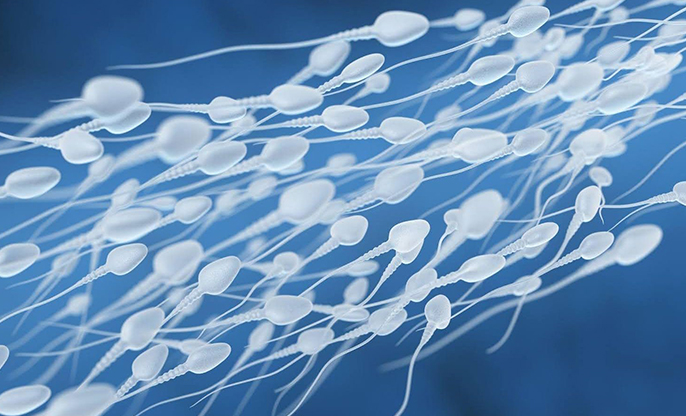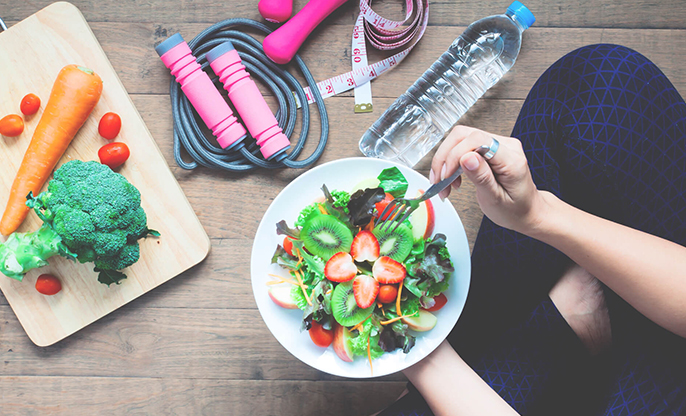
(Part II)
For many aspiring parents, conceiving a child is a cherished goal. While fertility is influenced by various factors, including genetics and lifestyle, nutrition plays a pivotal role in optimizing your chances of a healthy pregnancy. So, through this article (divided into three parts) let’s guide you through the world of fertility-friendly foods and provide valuable insights into how your dietary choices can support your fertility journey.
Understanding the Link Between Nutrition and Fertility:
Nutrition is the cornerstone of reproductive health for both men and women. It influences hormonal balance, ovulation, sperm quality, and the overall well-being of the reproductive system. Let's delve into the key nutrients and dietary patterns that can enhance your fertility.
For Women
1. Folate and Folic Acid:
Folate,
a B-vitamin, is essential for women planning to conceive. It plays a crucial
role in fetal development and helps prevent neural tube defects. You can find
folate in leafy greens, fortified cereals, and citrus fruits. Folic acid
supplements are also recommended before and during pregnancy.
2. Iron:
Iron
supports healthy blood circulation and is particularly important for women with
heavy menstrual bleeding. Sources of iron include lean meats, beans, fortified
cereals, and spinach.
3. Omega-3 Fatty Acids:
Omega-3
fatty acids, especially DHA (docosahexaenoic acid), are essential for brain and
eye development in the baby. Fatty fish like salmon, chia seeds, and walnuts
are rich sources of these beneficial fats.
4. Antioxidants:
Antioxidants
like vitamins C and E, selenium, and beta-carotene protect eggs from oxidative
stress and DNA damage. Berries, citrus fruits, nuts, and green tea are abundant
in antioxidants.
5. Whole Grains:
Incorporating whole grains like brown rice, quinoa, and whole wheat bread into your diet can help regulate blood sugar levels, which is crucial for hormonal balance.
For Men
1. Zinc:
Zinc
is a vital mineral for sperm production and motility. Oysters, red meat, beans,
and nuts are excellent sources of zinc.
2. Selenium:
Selenium
helps maintain sperm quality and function. Include foods like Brazil nuts,
whole grains, and lean meats in your diet.
3. Lycopene:
Lycopene,
found in tomatoes and watermelon, is an antioxidant that supports healthy
sperm.
4. Coenzyme Q10 (CoQ10):
CoQ10
may enhance sperm motility and energy production. It can be obtained from fish,
poultry, and nuts.
5. Vitamins C and E:
These vitamins have antioxidant properties that protect sperm from damage. Citrus fruits, almonds, and sunflower seeds are good dietary sources.
Consultation and Monitoring:
Before
making significant dietary changes, consider consulting with a healthcare
provider or a nutritionist specializing in fertility. They can assess your
unique needs, provide personalized guidance, and monitor your progress.
In conclusion, your dietary choices profoundly influence your fertility journey. A diet rich in fertility-friendly foods can optimize your reproductive health and increase your chances of a successful pregnancy. Combine this with a healthy lifestyle, stress management, and regular monitoring to embark on a fertility journey filled with nourishment, hope, and well-being.


